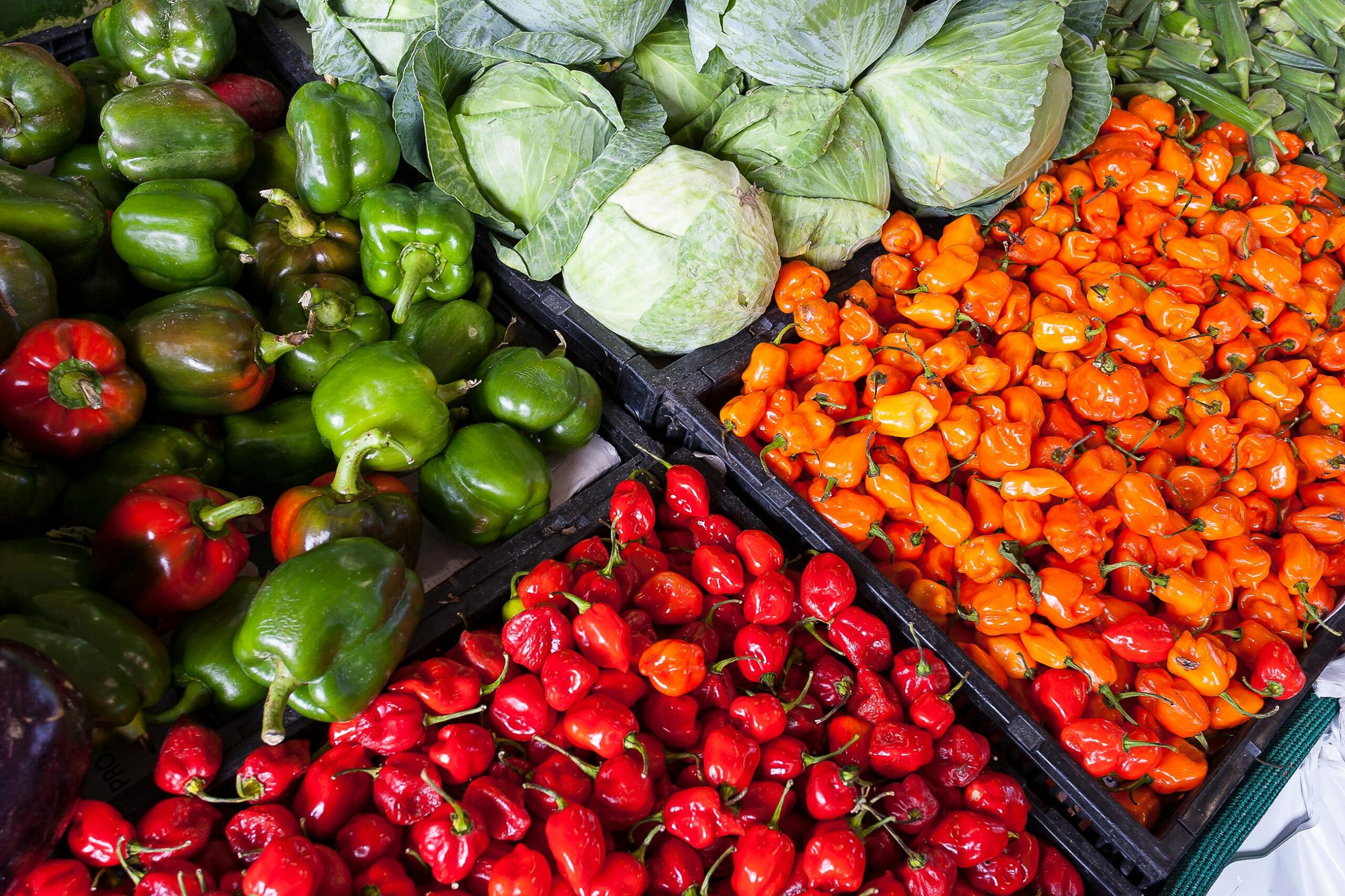
Local and organic ingredients sourcing is now very vital in today’s health-conscious and environmentally aware world where more Nigerian diners are asking, “Where does my food come from?” people want to be more aware of what goes into their bodies and as a result, sourcing local and organic ingredients is no longer just a culinary trend—it’s a smart business strategy. Incorporating locally grown and organic ingredients can offer significant benefits for your brand, your customers, and the planet.
What Are Local and Organic Ingredients?
Local ingredients are food items that are grown, raised, or produced within a specific geographic region—typically close to where they’re being consumed. In Nigeria, this could mean sourcing tomatoes from Kano, yams from Benue, garri from Enugu or catfish from Rivers State and many other options.
Organic ingredients, on the other hand, are grown or raised without synthetic fertilizers, pesticides, antibiotics, or genetically modified organisms (GMOs). Organic farming emphasizes sustainability, soil health, animal welfare and carbon footprint reduction.
Benefits of Sourcing Local and Organic Ingredients

1. Better-Tasting Food
Local ingredients are often harvested at their peak ripeness and proper time, which means they retain more flavor and nutrients. Unlike imported foods that travel long distances and spend days in transit, locally sourced produce can go from farm to table within 24-48 hours and this freshness translates to better-tasting dishes that diners can enjoy.
2. Supports the Nigerian Economy and Local Farmers
Sourcing locally helps stimulate the local economy by supporting Nigerian farmers, fishers, and producers. By building direct relationships with local suppliers, restaurants can cut out middlemen and help small-scale farmers thrive. Doing this not only promotes community development but also enhances food security by encouraging self-sufficiency in agriculture.
3. Improves Your Restaurant’s Brand Image
Nigerian diners are becoming more interested in restaurants that promote healthy, ethical, and sustainable practices. Highlighting the use of local and organic ingredients in your marketing materials, menus, or social media can boost your restaurant’s reputation and attract more customers.
Use phrases like:
- “Sourced from local Nigerian farms”
- “Made with 100% organic vegetables”
- “Farm-to-table freshness”
This makes your brand more relatable, trustworthy, and premium.
4. Environmental Sustainability
Choosing local and organic ingredients is better for the environment as it causes:
- Reduced carbon footprint due to shorter transportation distances
- Less pollution from chemical fertilizers and pesticides
- Preservation of biodiversity and soil quality
- Reduces waste
As climate change continues to impact Nigeria, especially in agriculture-dependent regions, adopting sustainable sourcing practices is a small but powerful way to help protect the environment.
5. Transparency and Traceability
When you source ingredients from local farms and suppliers, it’s easier to trace the origin and quality of your food. This helps you maintain high food safety standards and gain customer trust—especially important in an era of increasing food-borne illness concerns.
Customers are more likely to feel confident dining at your restaurant if they know exactly where the ingredients come from and how they’re grown.
6. Cost-Effective in the Long Run
While organic products can sometimes be more expensive upfront, sourcing locally can reduce costs associated with:
- Long-distance transportation
- Customs/importation duties
- Spoilage due to long storage periods
By buying seasonal local produce in bulk, you can save money while also supporting the local food chain.
7. Adaptability to Local Cuisine and Culture
Nigerian cuisine is rich in indigenous flavors and locally sourced ingredients. Whether it’s ugu, okra, palm oil, or native spices, incorporating these ingredients adds authenticity to your dishes.
Local ingredients are naturally suited to the Nigerian climate and taste preferences, making them easier to incorporate into traditional and modern fusion menus.
How to Start Sourcing Local and Organic Ingredients in Nigeria
- Partner with local farmers’ cooperatives in your state or region.
- Attend agricultural fairs and farmers’ markets to meet trusted growers.
- Use social media to discover small-scale organic producers.
- Join platforms that connect restaurants with farm produce distributors.
- Create seasonal menus that align with Nigeria’s crop availability (e.g. mango season, tomato peak harvest, etc.)
Sourcing local and organic ingredients is a win-win for Nigerian restaurants as it improves food quality, boosts your brand’s image, supports the local economy, and contributes to a healthier planet. As consumer awareness continues to grow, restaurants that adopt sustainable and ethical sourcing practices will grow and be better positioned for long-term success.

Leave a Reply